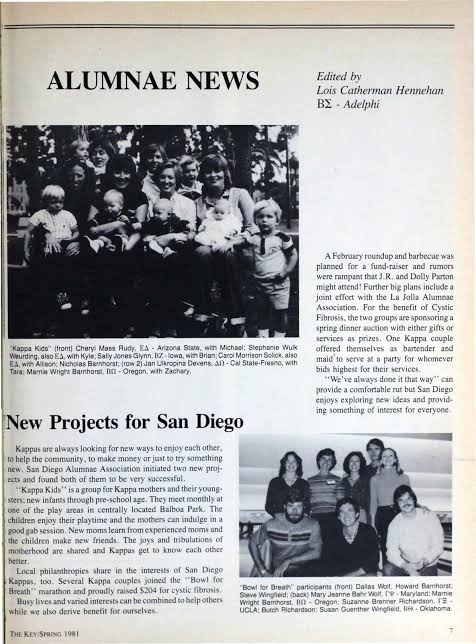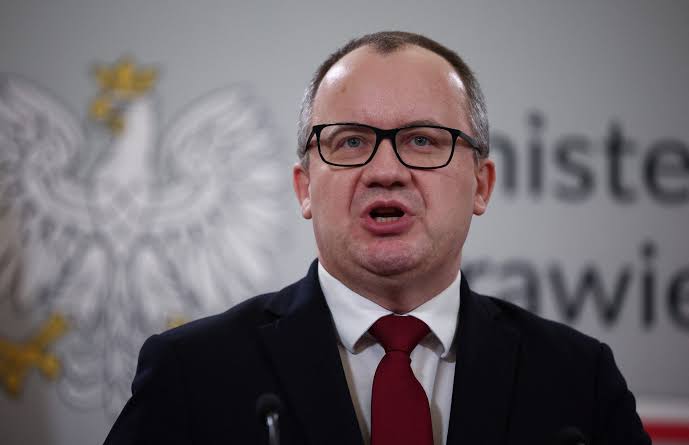Former Norwich City Director Stuart Webber Slammed Over “Ja!l” Comments About Black Players, Sparks Racism Row
Former Norwich City Director Stuart Webber Sparks Racism Row Over “Jail” Comments About Black Footballers
The world of English football was rocked in March 2024 when former Norwich City Sporting Director Stuart Webber became embroiled in a racism scandal following his controversial comments linking Black footballers with criminality. His remarks triggered widespread outrage from anti-racism campaigners, players, and supporters, sparking a national conversation about systemic racism in football and society at large.
The Controversial Statement
Stuart Webber, who had left Norwich City in late 2023 after a lengthy tenure as Sporting Director, made the offending remarks during a podcast interview focused on football development and youth programs. In discussing the role of football in providing opportunities to young players from challenging backgrounds, Webber said:
“Without football, a lot of these lads, including players like Raheem Sterling and Max Aarons, could have ended up in jail or worse.”
While he intended to highlight the transformative power of football in disadvantaged communities, many perceived his words as racially charged and deeply offensive. His inclusion of specific players, particularly well-known Black footballers such as Raheem Sterling and Max Aarons, led critics to accuse him of perpetuating harmful stereotypes that unfairly associate Black individuals with crime.
Public Outrage and Accusations of Racism
The backlash was swift and fierce. Anti-racism groups such as Kick It Out and Show Racism the Red Card immediately condemned Webber’s comments, calling them “casual racism,” “ignorant,” and “deeply unacceptable.” Social media erupted with criticism, with many accusing Webber of using his platform to reinforce damaging narratives about Black players.
Football fans, players, and pundits also weighed in. Several current and former players expressed their disappointment, including those named by Webber. Raheem Sterling’s representatives released a statement saying:
“It is extremely disappointing and troubling to hear such language, which unfairly targets Raheem and others. These types of remarks only serve to fuel dangerous stereotypes that have no place in football or society.”
Max Aarons, who had worked directly with Webber during his time at Norwich, also distanced himself from the comments, stating that he was “shocked and saddened” by the remarks and that “more thoughtful and sensitive language is needed from football leaders.”
Norwich City’s Response
Norwich City Football Club, which had enjoyed success under Webber’s leadership, swiftly issued a statement disassociating themselves from his views. The club said:
“Norwich City wishes to make it absolutely clear that the views expressed by Stuart Webber do not reflect those of the club. We stand firmly against racism and any form of discrimination. We are proud of the diverse backgrounds of our players, staff, and supporters.”
This move was widely seen as an effort to protect the club’s reputation and distance themselves from a controversy that threatened to overshadow their ongoing projects both on and off the pitch.
A History of Missteps?
This incident reignited discussions about Stuart Webber’s history of divisive remarks. During his tenure at Norwich, he was occasionally criticized for his blunt and unapologetic communication style, though supporters had previously praised his footballing strategy and recruitment acumen.
However, critics now argue that the remarks about Sterling and Aarons reflect a deeper problem within football culture—one where stereotypes about race and criminality are still present, even among senior executives.
The Wider Debate: Systemic Racism in Football
Beyond Stuart Webber’s personal remarks, the controversy reignited broader concerns about systemic racism within English football. Campaigners stressed that this was not an isolated incident but part of a larger issue regarding how Black players are portrayed and treated both on and off the field.
Several commentators noted that Black footballers are often typecast as “naturally gifted” or “troubled” rather than as intelligent, hardworking professionals who earn their success. This bias, they argue, limits opportunities for Black individuals in coaching, management, and boardroom roles, perpetuating inequality throughout the sport.
Kick It Out released a statement following the controversy, urging all football clubs to intensify their anti-racism training:
“This incident is yet another reminder of the urgent need for continuous education about racial bias and language, particularly among those in positions of power within football.”
Webber’s Apology
Following days of mounting pressure, Stuart Webber issued a formal apology. In a statement, he said:
“I deeply regret my poor choice of words during a recent interview. My intention was to highlight the positive impact football has on young people from all backgrounds, but I now realize that my comments were insensitive and offensive. I offer my sincere apologies to Raheem Sterling, Max Aarons, and anyone else who was affected by my words.”
While some accepted the apology, others felt it was insufficient and called for stronger accountability measures, such as suspensions from advisory roles or exclusion from future football projects.
Impact on Webber’s Career
The incident has cast a shadow over Stuart Webber’s previously celebrated career. Once regarded as one of the most astute sporting directors in the English game, he now faces reputational damage that could make it difficult for him to return to high-profile football jobs in the near future.
Sources within the football industry suggest that several clubs have already distanced themselves from potential collaboration with Webber following the incident, fearing the PR fallout associated with his name.
Calls for Change
In the wake of the controversy, many are calling for structural reforms within football to prevent similar situations from arising in the future. Proposals include:
Mandatory anti-racism education for football executives and media personnel
Greater representation of ethnic minorities at board level
Stricter FA guidelines regarding public comments by senior football officials
These proposals are gaining traction, with some supporters arguing that meaningful change is long overdue.
Conclusion
The Stuart Webber controversy serves as a stark reminder that despite progress, racism remains deeply entrenched in English football. While his comments may have been intended to highlight the positive power of football, the language he used reflects the unconscious biases that still shape discussions about race in sport.
The incident has sparked a necessary conversation about accountability, leadership, and the need for ongoing education within the football community. Whether the fallout from this controversy leads to lasting change remains to be seen—but for many, it has already exposed the work still needed to achieve genuine equality in football.






